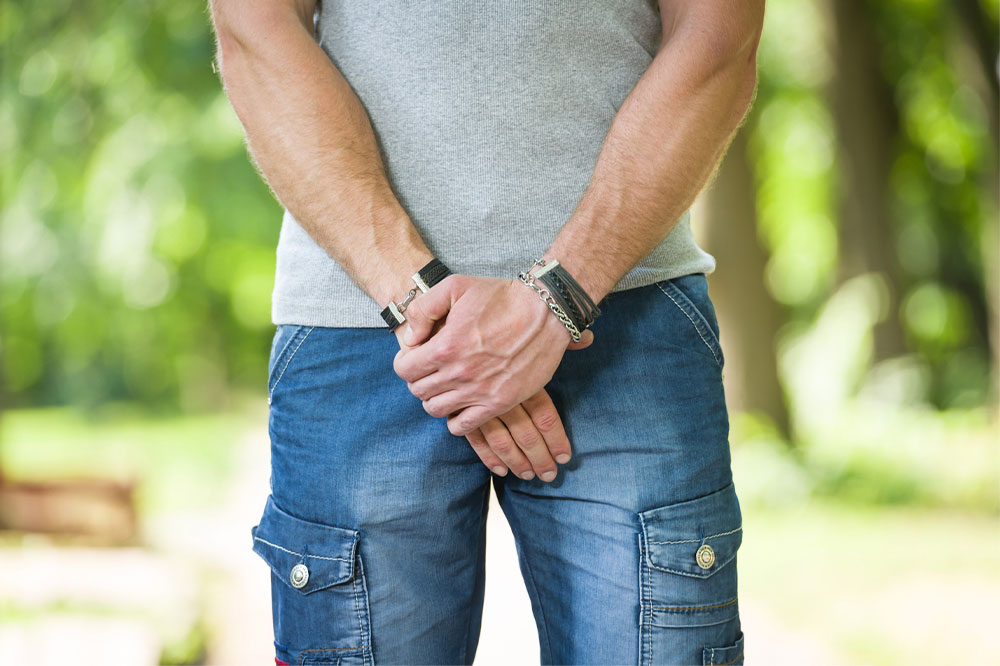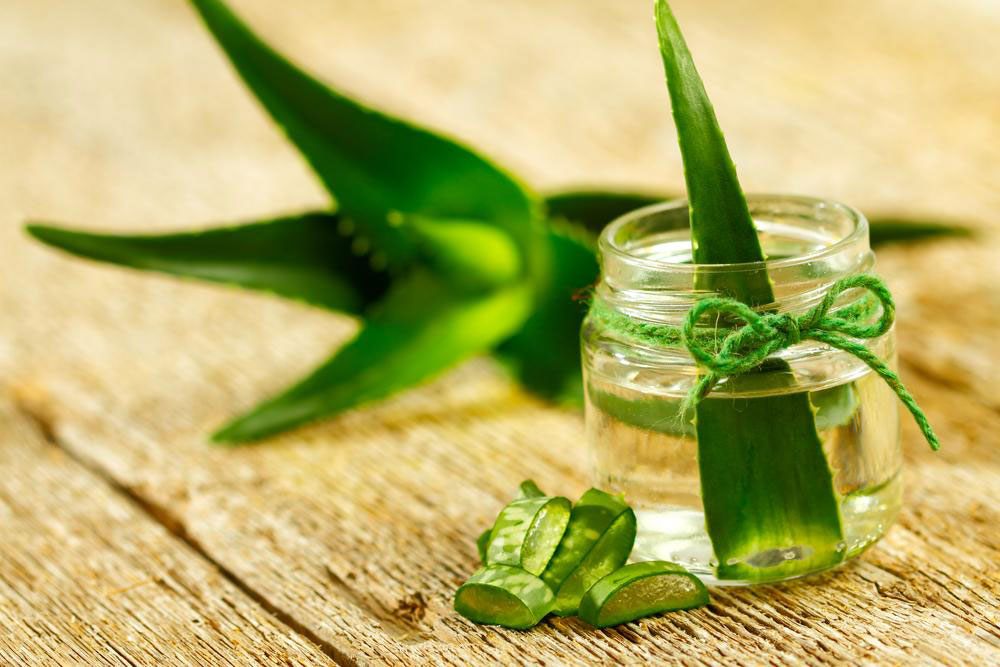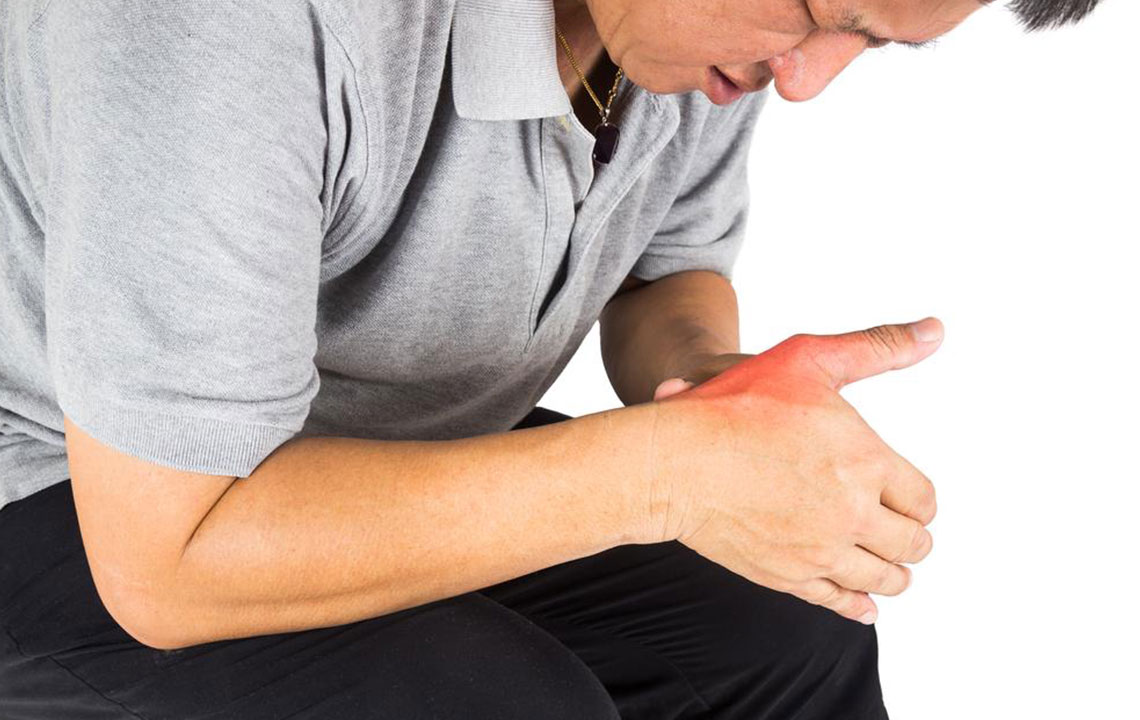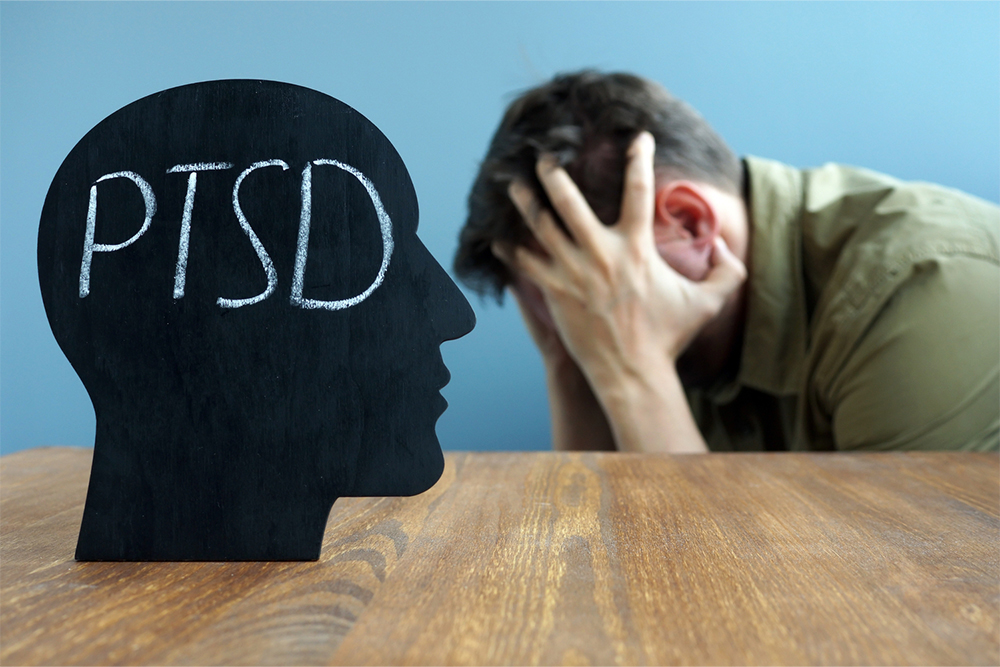4 Home Remedies and Other Therapies for Dermatomyositis
Dermatomyositis is a severe but rare autoimmune skin disorder that causes red or purple spots or rashes on the skin exposed to the sun. Some telltale signs of the condition include calcium deposits under the skin, weak muscles, bumps on elbows or knees, joint pain, and more. Dermatomyositis does not have any direct cure, so usually, a healthcare professional prescribes a combination of natural therapies and other treatments that help the individual manage the condition.

Home and natural remedies for dermatomyositis
Wear sunscreen and sun protection gear
A major and common trigger of this rare inflammatory disease is direct sunlight. Individuals suffering from dermatomyositis are more photosensitive, so exposure to ultraviolet (UV) rays can worsen their inflammation and cause skin rashes and itchiness. Here are some precautions suggested by dermatologists to manage the symptoms of the condition better:
Stay indoors from 10 AM to 4 PM.
Wear protective clothing and hats whenever one steps outside during the day.
Apply broad-spectrum sunscreen with SPF 30 or higher on all parts of the body that are exposed to the sun, including the ears, feet, arms, and neck. Repeat application, since one layer of sunscreen is usually effective for about two hours. Do not forget this step, especially if one is planning to go swimming.
Seek shade whenever outdoors.
Avoid tanning beds since they also contain UV rays.
For individuals facing skin rashes, healthcare providers recommend sun avoidance and regular sunscreen application. In severe cases, they may suggest anti-inflammatory creams for quicker relief.
Physical therapy or exercise
Dermatomyositis primarily leads to progressive and symmetrical muscle weakness, so physical therapy is extremely important to ensure that one builds and retains muscle strength. For this purpose, one needs to enlist the help of a physical therapist, who can assign specific exercises to improve strength and flexibility according to one’s health. Most commonly, these exercises include stretching. A doctor may use assistive devices and employ various personalized methods to restore the range of motion in joints that may have become stiff with underuse. It can also increase flexibility and prevent further loss of muscle tissue. Cardio like swimming or walking can also boost the oxygen supply in the body. Exercises in the water are especially beneficial for joint conditions, since they do not put pressure on the joints and also help strengthen muscles and lower the risk of soreness.
Once an individual gains sufficient muscle strength, the therapist may incorporate more vigorous exercises like brisk walking, swimming, yoga, or tai chi. These low-impact activities usually involve simple body movements but held for longer durations. The combined benefits of physical therapy and exercise also boost blood flow in the body, which can in turn accelerate healing and contribute to an overall well-being.
Speech therapy
The condition leads to muscle weakness in or around one’s throat, which not only affects a person’s ability to swallow but also their speech, so speech therapy can help one to manage it.
Food intake assessment
Food forms a major aspect of one’s healing journey for dermatomyositis. The condition often makes it difficult for individuals to chew and swallow food, so it’s important to consult a doctor regarding the kinds of foods that one can eat to manage the condition. Doctors recommend having balanced meals containing whole and unprocessed foods like grains, lean proteins like fish and poultry, and healthy fats like seeds, nuts, olive oil and guacamole. It’s best to avoid saturated and trans-fats, refined sugars, and salt to manage the symptoms of the condition. Apart from this, one should also rest enough to ensure that the healing journey of dermatomyositis treatment is effective.
Other treatments
In case of juvenile dermatomyositis, which is also an autoimmune disease but one that affects children, treatments are similar but the combination may differ. After tests like an MRI, blood test, biopsy and other physical examinations, a healthcare professional may recommend a treatment to reduce or suppress the body’s autoimmune response, which can help reduce inflammation and joint pain and boost muscle strength. Some other treatments include:
Surgery
Surgery may also be recommended to treat dermatomyositis; the procedure removes the calcium deposits under the skin of the patient.
Heat therapy
This mainly includes microwave and ultrasound treatments. Ultrasound is a popular method used to treat various health issues and muscle problems. The heating induced by ultrasound therapy eases muscular and soft tissue pain and chronic inflammation, and can also be an effective rash treatment. Heat therapy also expedites the process of healing and helps the body fight infections, which is one of the causes of dermatomyositis, and damaged cells.
Apart from this, it’s also important for individuals to read more about the condition and engage with the healthcare team, ask the therapist about any new treatments for dermatomyositis, seek support from family and friends to accept the emotions related to the condition, and engage in enjoyable stress-relieving activities during the day. All of these factors form an integral part of the guidelines for the holistic treatment for dermatomyositis.




